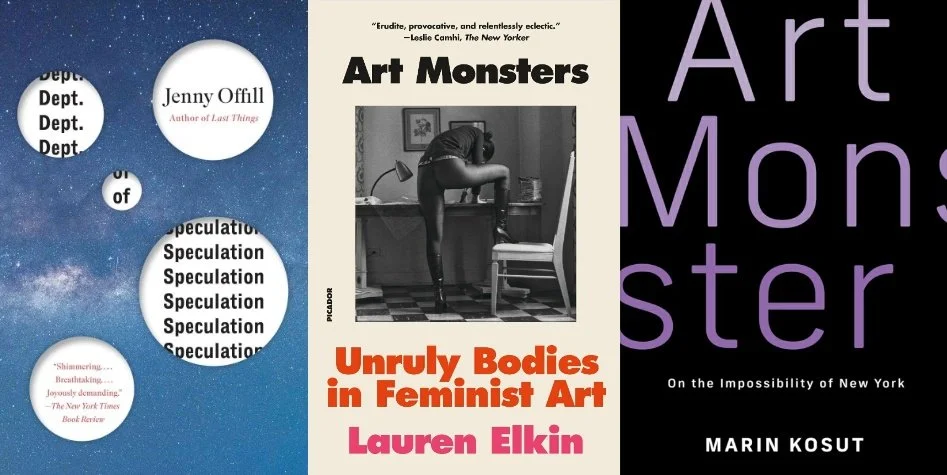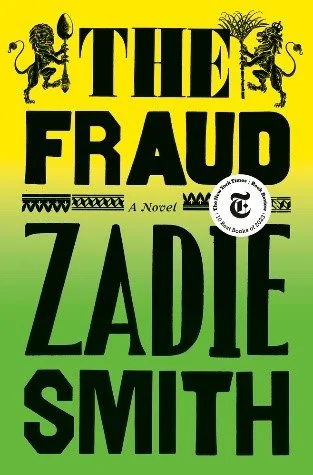Jenny Offill, Lauren Elkin, and Marin Kosut, On Being (or Not Being) an Art Monster
/The holidays are over, like a dream, and “real life” has started up again, like a very different dream. Did we do what we meant to? Or are we now trying to corral ourselves with goals, intentions, and to-do lists? No more treats! Get the work done! Many (most?) writers I’ve worked with spend so much time on the pleasures and requirements of daily life or the more stringent demands of caretaking that they have trouble believing they are real writers who can finish books and get them to their readers. I’m with these writers: family, friends, teaching, and community give me most of my life’s delights, bafflements, and worry. We want a full, rich life, don’t we? What could matter more than hanging out playing the Once Upon a Time card game with friends and family around a hospital bed, or serving on committees, volunteering, engaging in political action small and large? But is there a small (or large) part of us that imagines a life of total, ferocious devotion to the work we feel we need to do? That longs to become what the narrator of Jenny Offill’s Dept of Speculation thinks of as an “art monster”?
Read More



















